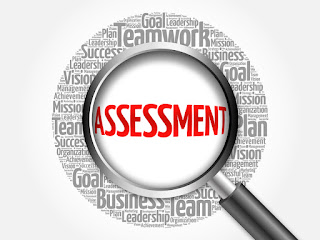Unlocking the Mind - Cognitive Flexibility Through Meditation

Mindfulness practices have become increasingly popular as a way to enhance
the mental well-being of people of all ages. In particular, recent studies have
shown that mindfulness may be an effective way to enhance cognitive flexibility
for students.
Cognitive flexibility is the ability to switch between multiple tasks,
mindsets, or behaviors. It is used in everyday life to help a person adapt to
changes in their environment, and to make decisions quickly. It helps students
to think more creatively and to solve problems in a more analytical way.
Mindfulness meditation has been used to help students increase their
cognitive flexibility. A study conducted at the Mindfulness Research Center
found that students who meditated for thirty minutes per day for eight weeks
reported improved cognitive flexibility. Another study conducted at the
University of California, Los Angeles, found that students who practiced
mindfulness meditation for fifteen minutes twice per day for four weeks
reported improved cognitive flexibility and decreased anxiety symptoms.
The practice of mindfulness meditation has also been found to help students
with attention regulation, allowing them to better focus on tasks. One study
found that students who meditated had improved test results in areas of math
and language, likely due to improved attention regulation.
Mindfulness meditation has also shown to reduce stress and anxiety levels in
students. Studies have found that mindfulness practice can lead to increased
happiness, better emotional regulation, and improved relationships.
It is clear that mindfulness practices can be beneficial to students by
increasing cognitive flexibility and improving other aspects



Comments
Post a Comment